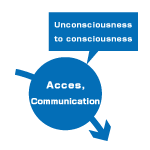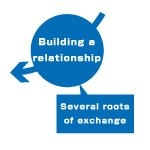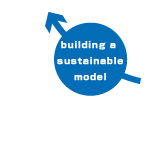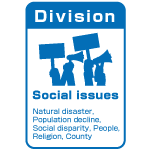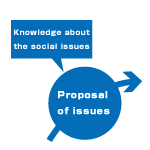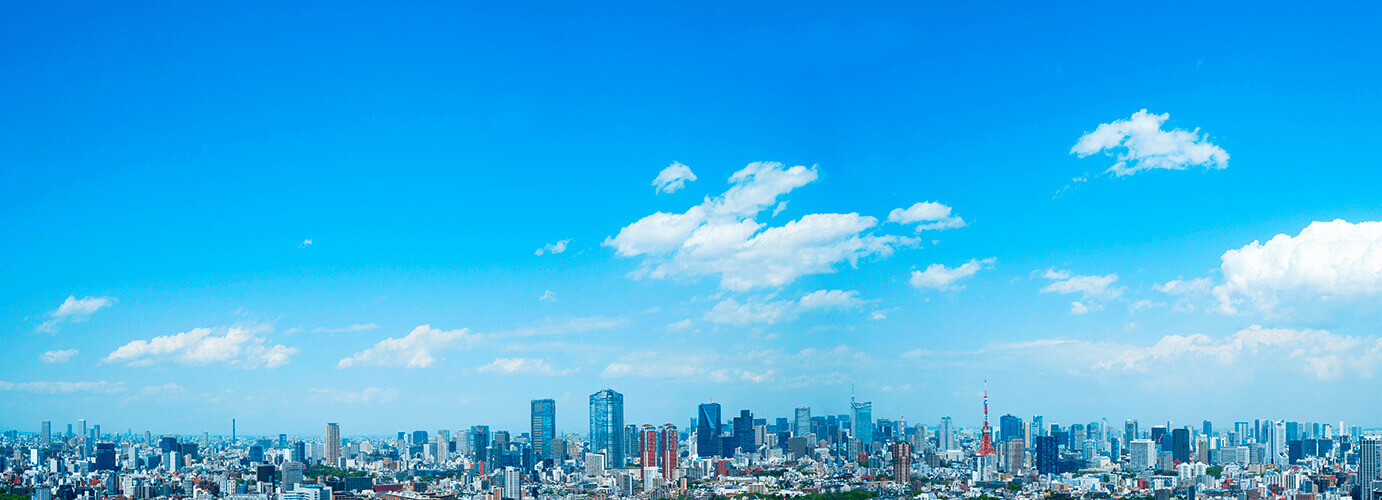
Initiatives for SDGs
Introduction
Many companies have recently built strategies to act for SDG (Sustainable Development Goals) implementation. As a simple professional landscape gardener, at the beginning it seemed like a goal which does not concern us. Although, working for gardens is directly influenced by climate change, we are obliged to take them in account including the natural disasters. I am not capable of achieving something big as the SDGs, but I can still make some small changes around me as a professional gardener. Believing a small drop could one day become an ocean, that is why I am doing my best.
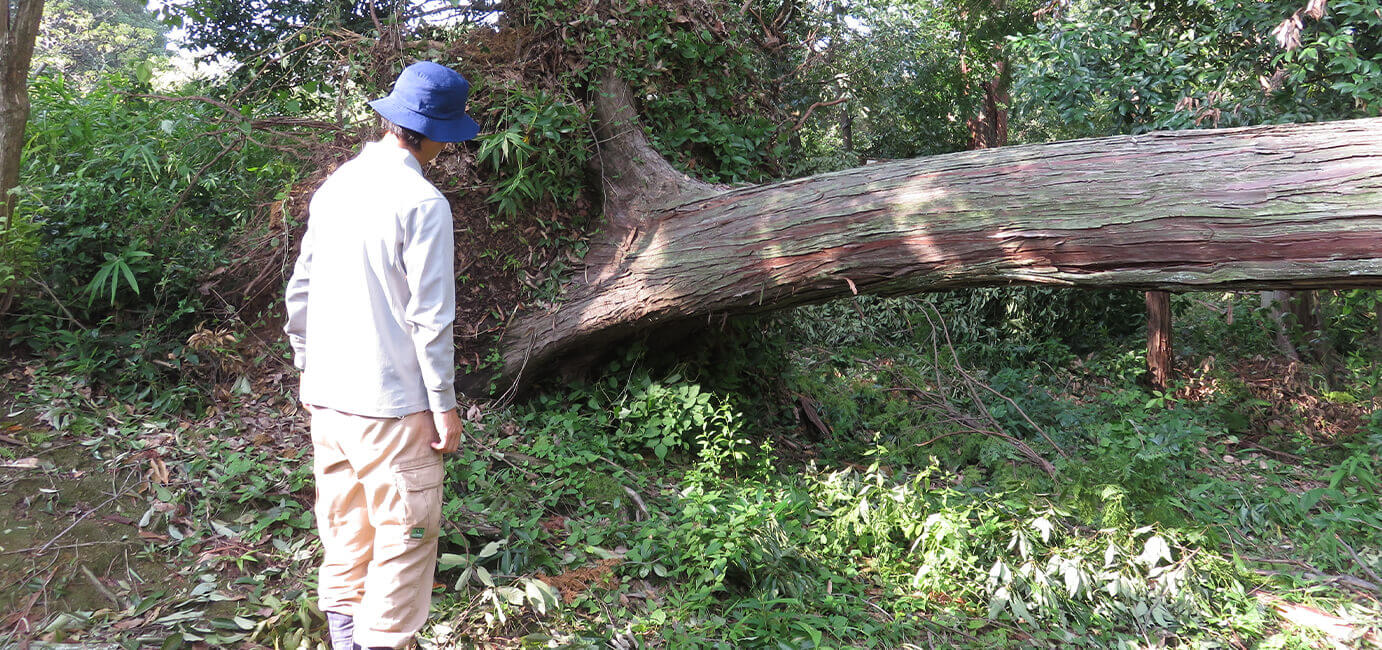
Social problem
Commitment as a landscape gardener feeling the natural disasters and climate changes every day.
-
Natural disaster
-
Climate change
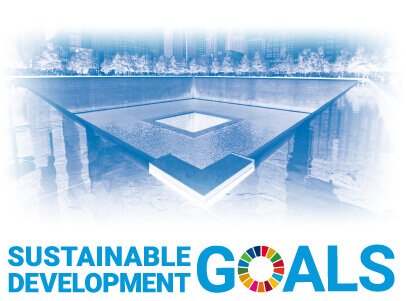
Umebachien and our engagement with social issues
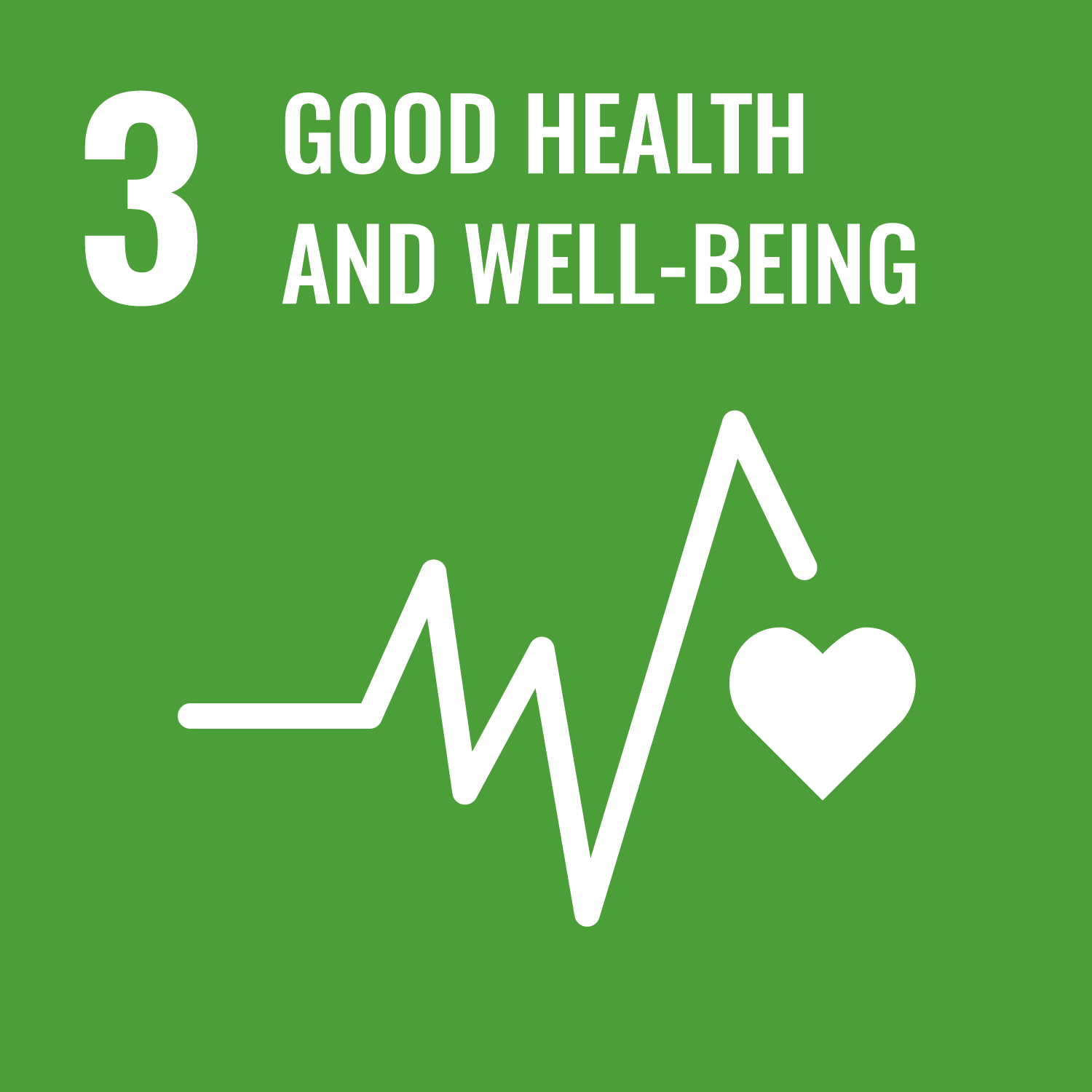
A place for communication
Yanagidani Kannon (Yokokuji Temple) has 806 years of history, located in Nagaokakyo city. It is widely believed that there is holy water which heals eye diseases. There are many people having eye problems visiting this temple for holy water, so we have made a garden which is universally familiar, including overseas visitors or children.
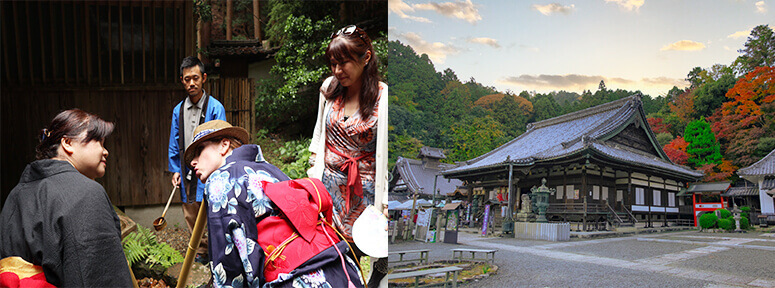

For students and youth
Nagaoka Tenmagu is a shrine in Nagaokayo city. Very popular as one of the god of education. We are living in the “era with no answers”, and a “new normal” life is expected with Corona pandemic. We are trying to make a place where we can inspire a way of living together with and for the local students. It could be a place where we can learn liberal arts such as local history or culture.
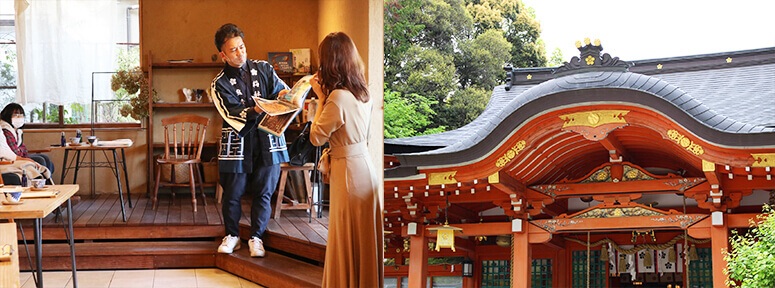
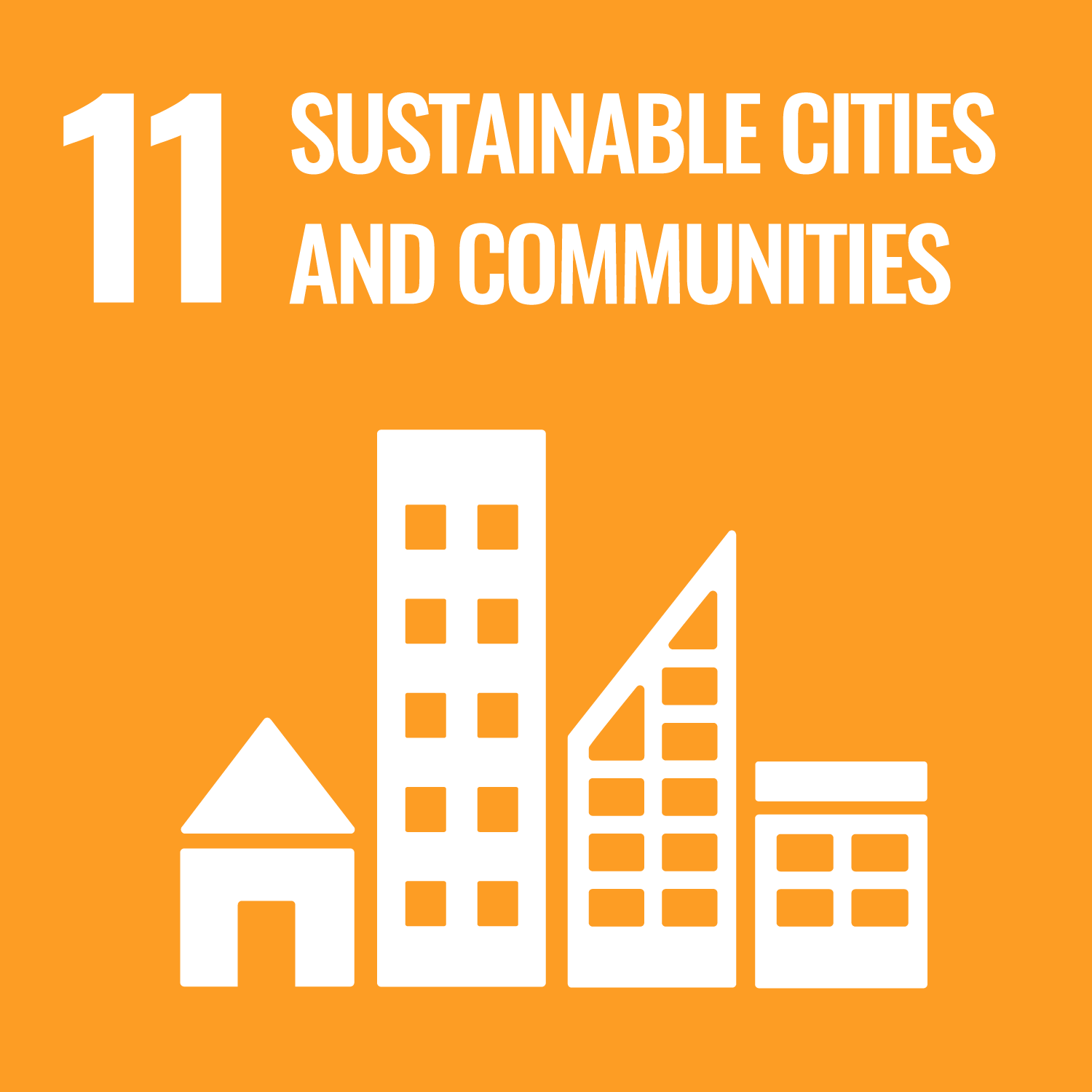
Rebirth of a town with landscape
We have several national treasures such as temple, machiya in each region in Japan. These treasures are the center of a life, which is surrounded by shops and hotels. We are trying to draw a line with small dots to create a large scale of value or communication so that our life would be richer even though our population is not expanding.
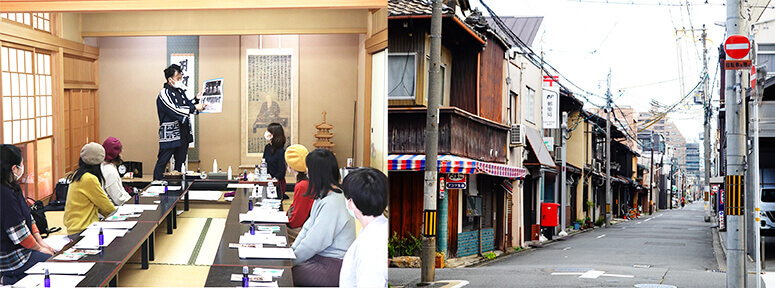
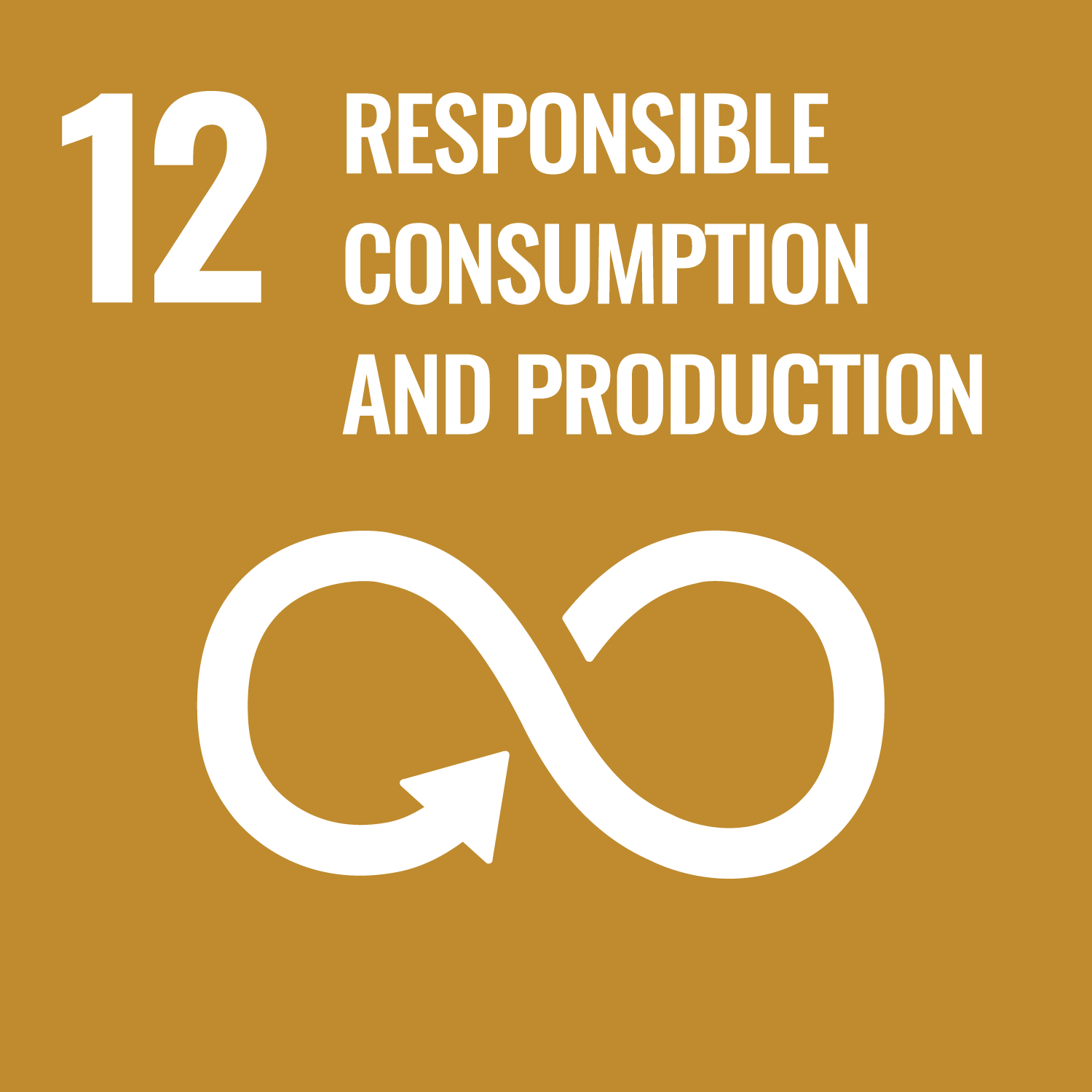
Creating a different value
The wasted woods from the traditional house or garden are used in Noborigama (Climbing kiln). A garden or a tree lives with people many years through time. A life has its limit, but when its role comes to an end, it could contribute to produce a new life.
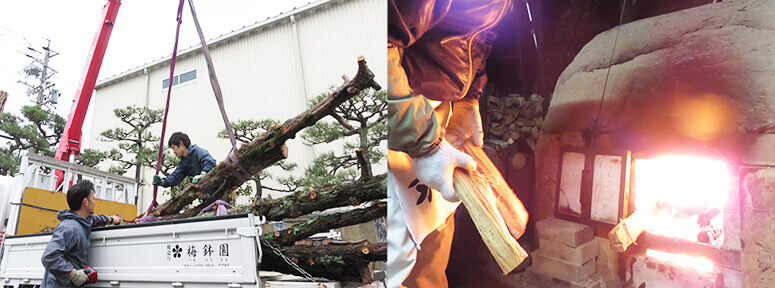
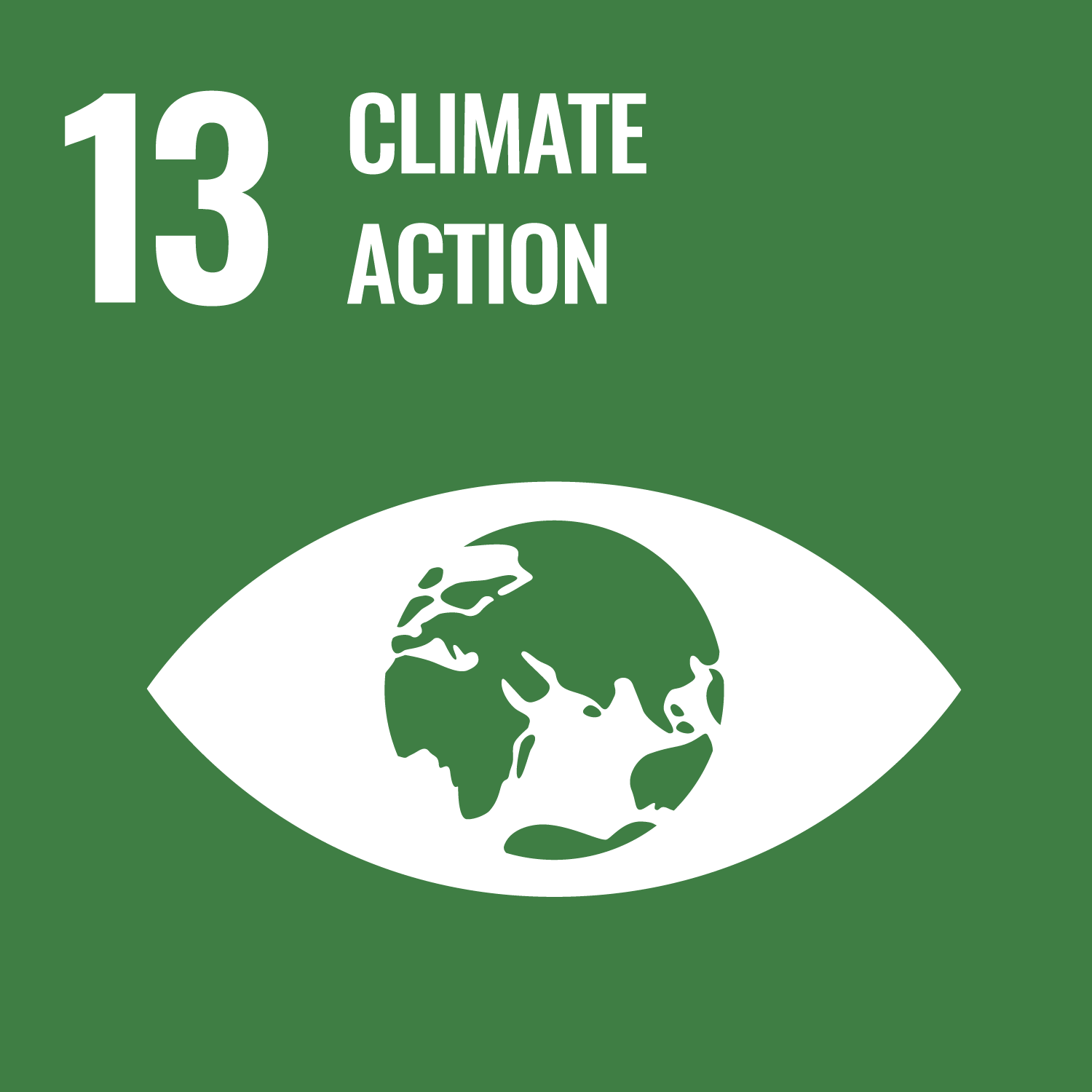
As a landscape gardener
A landscape gardener always works outside. It means we feel very closely all the climate changes including natural disasters such as heavy rains, earthquakes, and hurricanes. In 2018, one of the biggest hurricanes hit the region of Kansai, which has awakened our consciousness. If such an event occurs every year and threatens our lives, it would be very difficult to maintain a sustainable life. There are temples and shrines in Kyoto which have more than 1000 years of history. We are determined to save this traditional heritage and pass to the next generations despite of all these disasters and changes.
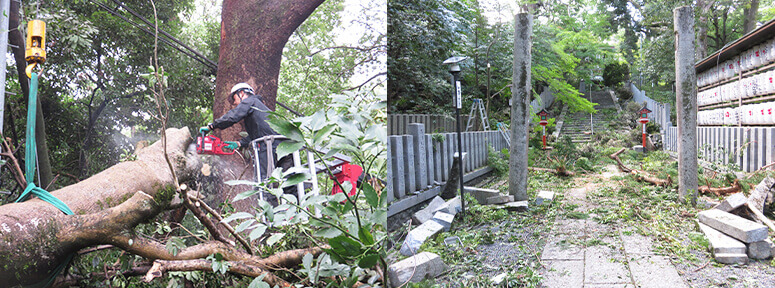
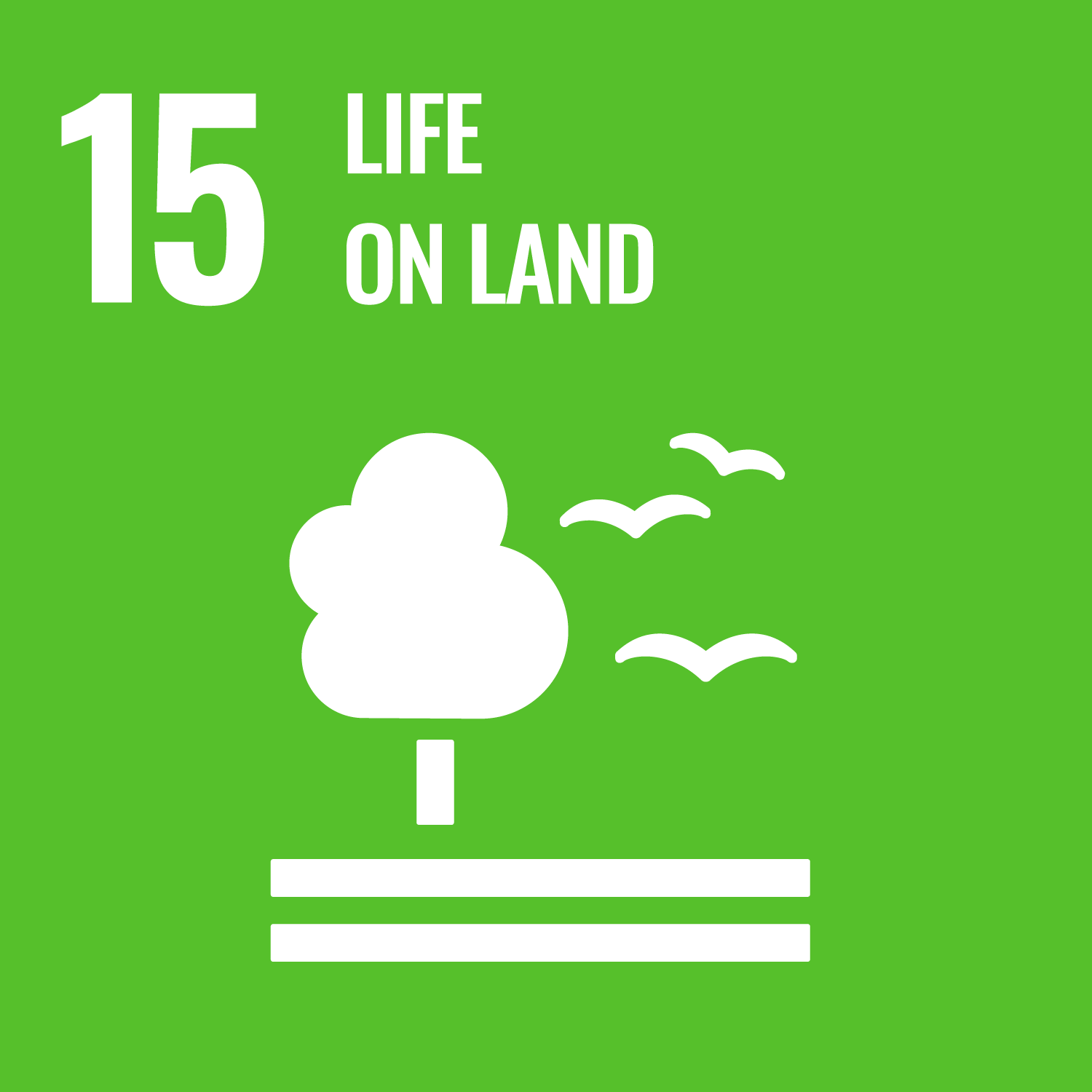
For a better life without waste
The wasted wood and branches from gardens are recycled for the other materials such as aroma oil or fireplace wood. 70% of the land in Japan are covered with forest, though it is becoming deserted because the market value declined, and Japanese young generation is not interested in this job field. It is urgent to recreate a need to use these woods, otherwise disasters such as forest fire or heavy rain will damage our forests.
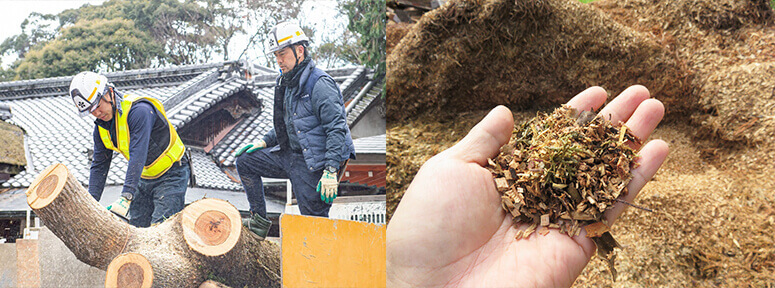
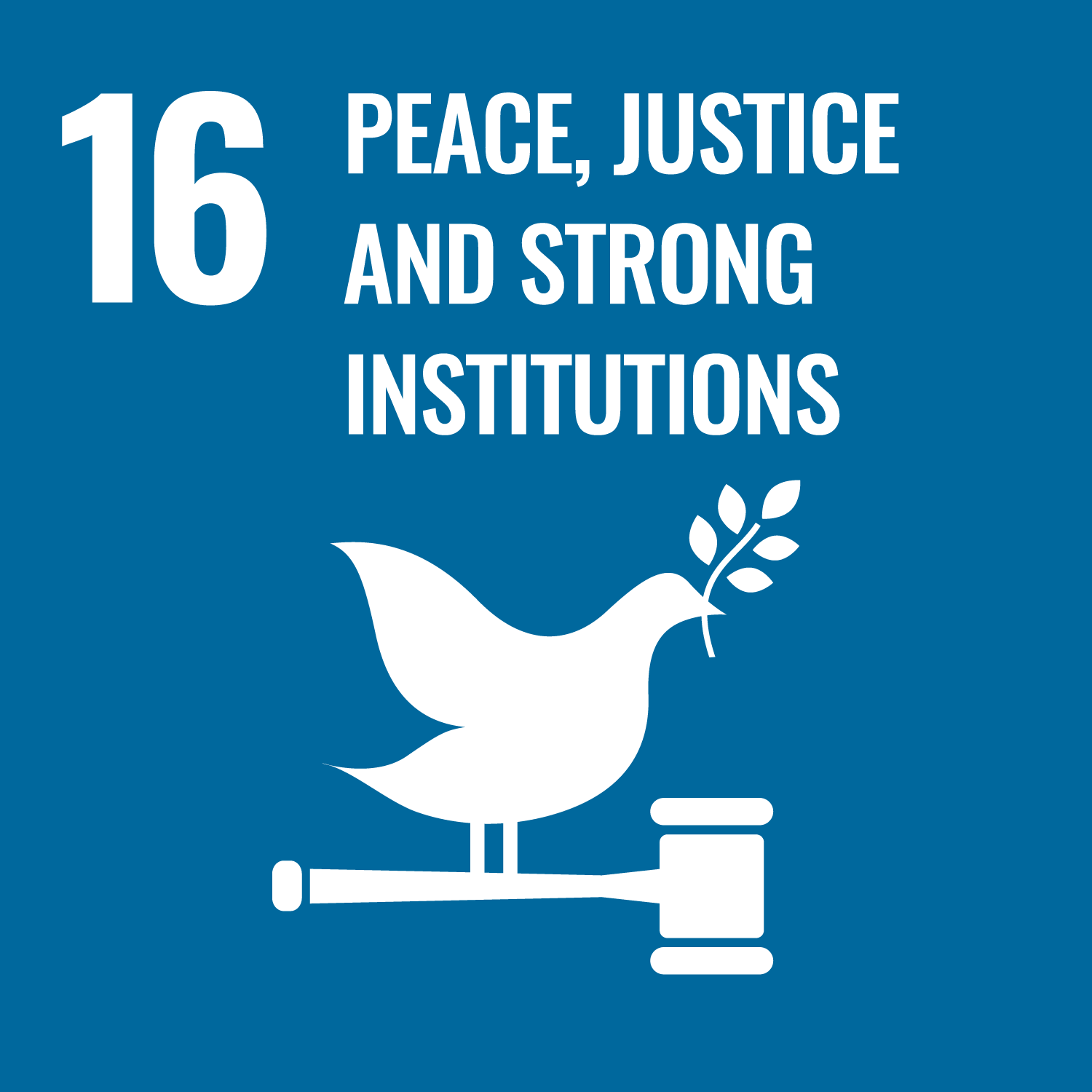
Ground Zero – Donguri Project
I went to New York in 2019 to give a conference and visited the 9/11 Memorial - Ground Zero. I was shocked to see the place. I realized that subjects such as war, terrorism and refugees were foreign problems to me until then. It made me realized that I must do something as a Japanese gardener, which gave birth to the “Donguri (acorn) Project”. I picked up some acorns there and want to plant them so that they grow as a symbol of peace. Hoping that this small project will develop to a universal language as a symbol of world peace beyond religion, country, and people.
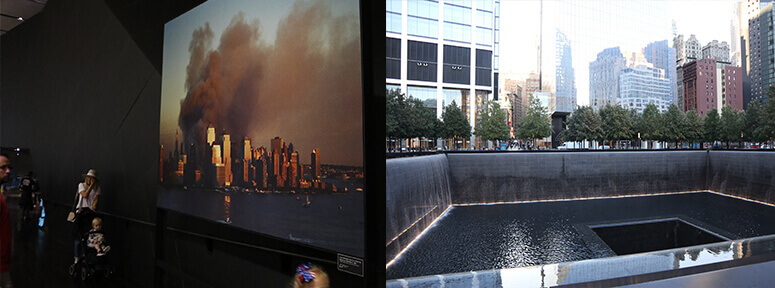
A departure with what we can do
The slogan of SDGs is very impressive and important, however it seemed to me as a distanced goal. It has never looked realistic in my professional life. Though I have experienced many natural disasters and felt obliged to take an action to preserve as much as I can our local landscape. Therefore, I realized that I would do things which are under my capacity to contribute for “what I find important” and start with “what I can do”. I hope our actions may give you a small hint to find out what you can do in your own way.





